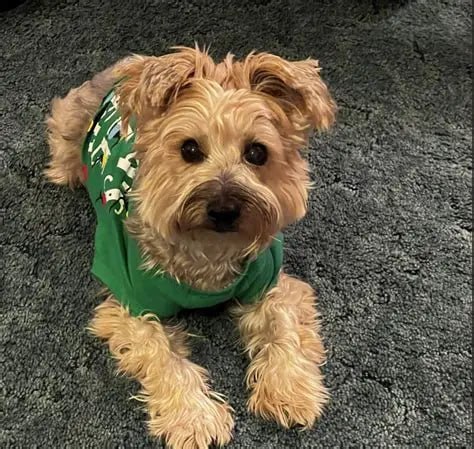AI Saved My Dog’s Life After Vet Couldn't Make a Diagnosis

Venus, a mixed-breed dog, survived a life-threatening illness after AI suggested the correct diagnosis when vets were unsure.
A desperate pet owner says artificial intelligence came to the rescue when veterinarians were unable to figure out why his dog was on the brink of death.
Venus, a lively mixed-breed with boundless energy, suddenly became lethargic, stopped eating, and developed pale gums. Alarmed, her owner, Cooper, rushed her to the vet, where initial blood tests suggested a possible tick-borne illness. She was prescribed antibiotics and sent home.
But within days, Venus’s condition worsened. Her red blood cell count plummeted, she grew weaker, and Cooper noticed she was struggling to even stand. The veterinarian admitted they were stumped and suggested waiting for further test results before changing her treatment.
“I felt helpless,” Cooper said. “I was watching her fade away, and no one could tell me why.”
In a last-ditch effort, he turned to AI. Cooper carefully entered Venus’s symptoms, medical history, and lab results into ChatGPT running the latest GPT-4 model. The AI quickly generated a list of possible diagnoses—one of which immediately caught Cooper’s attention: immune-mediated hemolytic anemia (IMHA), a rare but life-threatening autoimmune disorder in which the body attacks its own red blood cells.
“I had never heard of IMHA before,” Cooper explained, “but the way the AI described it matched Venus’s situation perfectly—right down to the bloodwork patterns.”
Armed with this information, Cooper sought a second opinion from another veterinarian. That vet confirmed the AI’s suspicion within hours, started Venus on an aggressive treatment plan, and told Cooper that if he’d waited any longer, the outcome might have been fatal.
Within a week, Venus began to regain her strength. Her appetite returned, her gums pinked up, and she was back to wagging her tail at the door when Cooper came home. Today, she is almost fully recovered and back to chasing her favorite tennis ball.
Cooper says he’s still amazed by what happened. “The first vet did their best, but the AI spotted something they didn’t. I’m not saying AI can replace doctors or vets, but it can be a powerful tool when used alongside them.”
He also noted that an earlier version of ChatGPT, GPT-3.5, did not make the correct diagnosis. “It was only with GPT-4 that I got the answer. I can’t imagine what this technology will be capable of 20 years from now.”
For Cooper, the takeaway is simple: never give up, and consider every tool available when it comes to saving the ones you love—whether they walk on two legs or four.